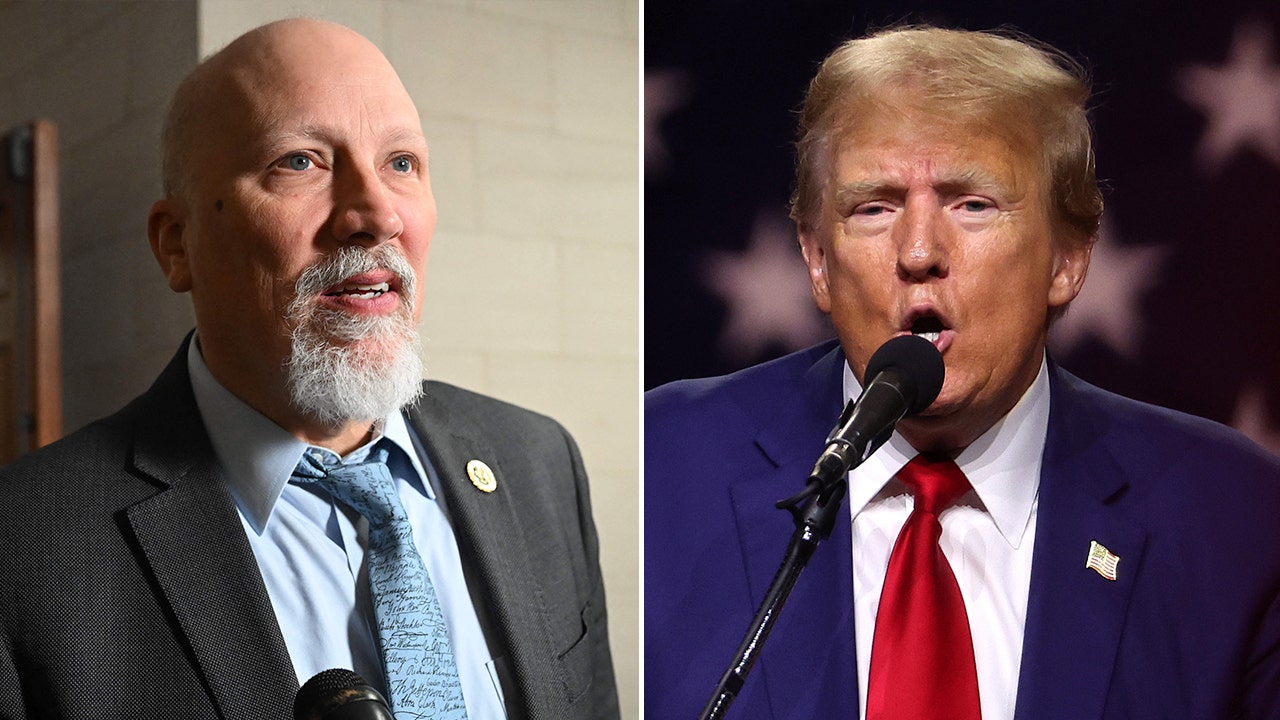Rearming will likely be more challenging for Hamas, having used up many of its munitions without an easy way to resupply stockpiles, especially given that its signature external supporters have been so severely weakened.
But if Israel decides to return to war, it could continue to weaken the group, taking out its new commanders and targeting what remains of its government..
Under such a scenario, Israel could find itself moving toward occupying Gaza, which may “cut off Hamas but antagonize everyone else in the public,” said Tamer Qarmout, a professor of public policy at the Doha Institute for Graduate Studies.
Some former Israeli security officials argued that the agreement leaves Hamas on stable footing regardless of whether Israel returns to the war.
“Hamas earned a lot of points with this deal,” said Michael Milshtein, a former military intelligence analyst specializing in Palestinian affairs. “They got the two things that they’ve been demanding all along written into the agreement: the end of the fighting and an Israeli withdrawal.”
And if Israel restarts the conflict, it will be entering “a war of attrition that has no light at the end of the tunnel,” Mr. Milshtein said. “Hamas is ready to drag Israel back into the mud of Gaza.”
Still, Hamas will likely need to offer some compromises if it wants enough aid to rebuild Gaza to flow into the territory. Until now, Hamas leaders have expressed readiness to give up civilian governance in Gaza, but without dismantling its military wing — a dynamic that analysts have said would be similar to Hezbollah’s role in Lebanon before Israel battered it.
“I think everyone, including Hamas, understands that solving the people’s problems requires Hamas to stay away from the forefront,” Mr. Qarmout said, adding that it needed to reach an agreement with the internationally accepted Palestinian Authority to share power.
While Hamas supporters have conceded the October 2023 attack caused enormous suffering for Palestinians, they have refused to express regret about the assault that left 1,200 people dead, mainly civilians. They have highlighted how Israel’s ensuing bombardment of Gaza has revived worldwide interest in the Palestinian cause and dented Israel’s reputation.
Saudi Arabia, which had been drawing close to sealing diplomatic ties with Israel before the war, has presented Palestinian statehood as a prerequisite for a deal.
The Israeli prime minister, Benjamin Netanyahu, and his former defense minister, Yoav Gallant, are wanted for war crimes by the International Criminal Court. And the state is accused of genocide at the International Court of Justice. Israel strongly denies both charges, but its international reputation has been tarnished like never before.
“Before the war, no one was following what happened in Palestine,” said Fouad Khuffash, an analyst close to Hamas who is based in the Israeli-occupied West Bank. “Now, everybody is watching,” he added.
In a speech on Wednesday, Khalil al-Hayya, Hamas’s top negotiator, called the October attack “a military accomplishment” that would remain “a source of pride for our people.”
For many civilians, a future with both Israel and Hamas in the picture is bleak.
“We’re talking about a people stuck between a state ready to act with total brutality and a group ready to provoke that state to act with brutality,” said Akram Atallah, a Palestinian columnist from Gaza.
Patrick Kingsley and Aaron Boxerman contributed reporting to this article.





